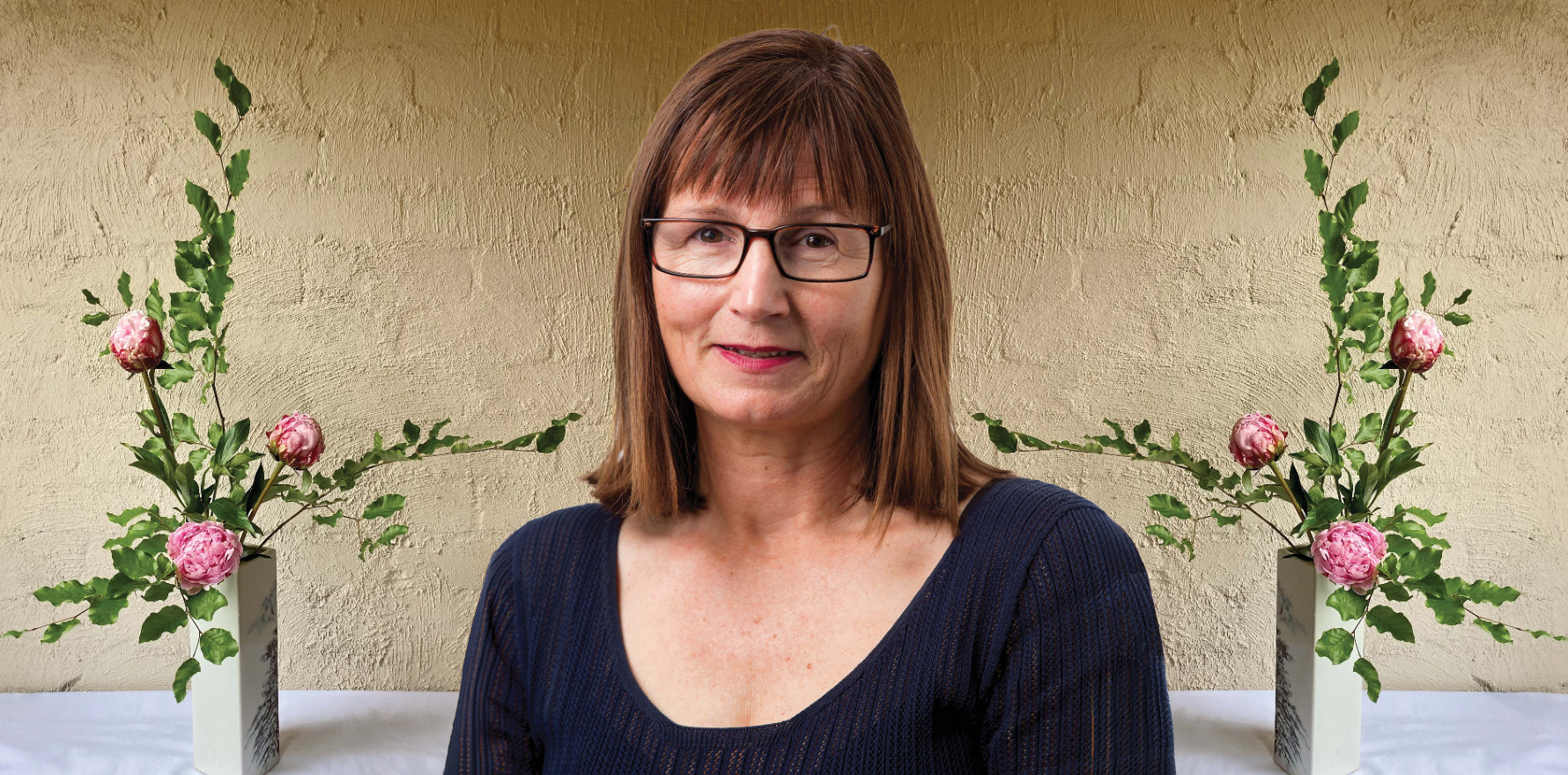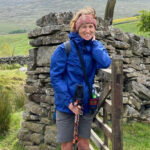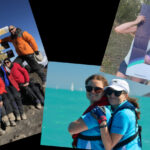Meet the French-speaking ikebana enthusiast with a passion for education and learning.
Appointed Member of the Order of Australia in this year’s Australia Day awards, Professor Michelle Leech is deputy dean at Monash University medical school and head of the rheumatology arthritis clinic at Monash Health.
She shared some insights with Rheumatology Republic about how to have a rewarding career, what’s in the pipeline for preventative health and the joys of an abundant life outside of work.
Why did you become a doctor?
When I was young there was a TV show called The Body in Question. It was a medical documentary that created a fascination for human health. I was terribly impressed with the presenter and thought I’d rather like to be like him. He was quite the Renaissance man! Although the show was probably a trigger for my career choice, to be honest, I had no idea what the practice of medicine was like.
How did you find your way into rheumatology?
These things don’t often happen in a logical way. In the early part of my training, I found the rheumatologists on the ward rounds to be really impressive. I was attracted to the culture of their approach, the way they treated each other. They just seemed to be quite decent people in general. There was also a very impressive woman consultant, which other disciplines didn’t necessarily have back then. The discipline itself was also appealing – a lot of diagnostic history and brain work required for solving problems alongside complex, multi-system conditions. I thought, “I don’t think this will be boring”.
What is happening in preventative health and rheumatology?
Genetic testing with early disease cohorts is gathering momentum. Australian and international researchers are looking at approaches that can be taken once someone’s identified that they’re an at-risk family member. Simple things like dental care, smoking cessation, diet – some evidence-based diets are in investigation mode at the moment. Then, also, certain treatment interventions early if disease emergence can be predicted.
It’s an evolving area and I wouldn’t say we’re there yet. We need to be really careful that we’re not treating people who don’t need to be treated. We have to make sure that we’ve got the right amount of evidence before we go forward.
Have you had any career bumps?
I did a PhD early on in my training. That was a really wonderful thing, but I did struggle with it. I’m so glad that I persisted with it, but it was tough!
I also had a couple of children during that period. I was working part time, and at that time training part time was not easily recognised. It just felt like everything was suddenly slowed down and I couldn’t get to where I needed to go. Luckily, thanks to some of my colleagues, and one particular female mentor, my part-time training was able to get recognised.
Even now we’ve got a little way to go in getting more flexible training. A lot of rheumatology training is still very hospital centric, but the work is in the community. So, a really important question is how to get community training models set up.
This also speaks to rural training. If you are practising rheumatology in a fantastic rural community, it’s more effective to get training done where you’re working, where your family might be based.
What is the most memorable research you have undertaken?
Lately, my research is largely in education and practice improvement. We’re trying to understand patient perspectives on topics such as vaccination, factors that are driving infections, perspectives on diet – basically trying to better understand what the patients are thinking.
This is some of the most satisfying research I’ve undertaken. It might not be what some would call the most glamorous research – in terms of publishing it in top level journals or industry kudos – but I actually think it might have a bigger impact locally around practice change. I find that incredibly interesting work.
What advice do you have around creating a rewarding career?
The best thing is to pay attention to when you feel energised. It took me quite a while to realise where I was feeling most positive – it was when I was involved in education, either my own learning or the learning of others. I really liked helping people learn and grow and, somehow, I just keep being asked to do more things in that education space.
Conversely, pay attention to the activities that make you feel jaded and avoid them. Move towards the positive energy. Also, I have had very good clinical and academic mentors throughout my career. They have made a difference.
You’ve got a fairly hefty role in academia. What are the challenges in that space?
A number one priority is ensuring that people graduate in good shape and are healthy and well; and secondly, to make sure the graduates are meeting the needs of the communities that they will serve. One of the biggest challenges as head of the Monash medical course is its size and complexity. How can we adapt such a large course quickly, in an agile way, to the changing needs of the health system?
How does a leader manage that?
By drawing the right people in to help you. Wherever you see good people, just bring them into the tent. You can drive good outcomes by basically having good people in the right place. People who want the best for patients are often the same people who want what’s best for students too. The whole thing kind of fits together.
One of the most enjoyable things is to see a pipeline of people coming forward who are going to be leading healthcare – seeing how education can change the future.
What does Professor Leech do when she takes off her academic cap and gown?
I enjoy learning. I think I’ll be learning for the rest of my life. I enjoy French conversation and have been learning and practising French for a long time. There are a lot of French speaking people in Victoria now, so as I bump into them, I stop and have a chat. I just really like languages – I like the sound of the French language and I enjoy French music.
I also took up ikebana, Japanese flower arranging, about four years ago. I wanted an interest that was relaxing but was surprised at how hard and mathematical it was. I do it every week now. It’s really very enjoyable, quite meditative. I also tried to learn to play the piano during the pandemic. Not so meditative. My poor piano teacher…




